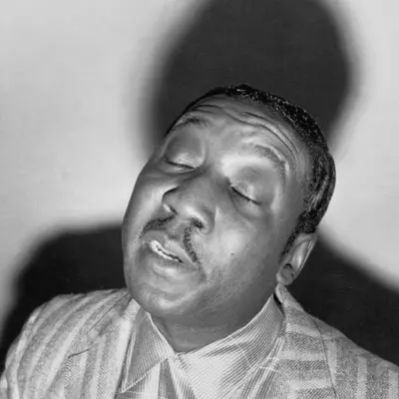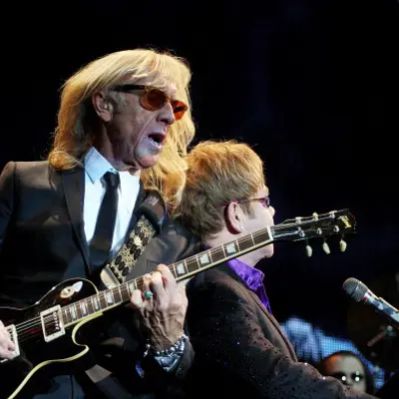What Is Muddy Waters’ Net Worth?
At the time of his death in April 1983, Muddy Waters, a seminal figure in American blues music, had a net worth of $5 million. Considering inflation, this is equivalent to approximately $13 million in today’s dollars. This financial standing reflected his successful career as a blues singer, guitarist, and songwriter, primarily known as the “father of modern Chicago blues.” While specific details about the composition of his net worth (e.g., exact figures from music royalties, concert earnings, or other investments) aren’t readily available, it’s understood that his income was largely derived from his music career.
Early Career and Musical Achievements
Born McKinley Morganfield in Issaquena County, Mississippi, in April 1913, Muddy Waters’ journey into music began at the age of 17. He played guitar and harmonica. He received early recognition in 1941 when he was recorded by Alan Lomax for the Library of Congress, capturing the raw, authentic sound of the Delta blues. This early recording didn’t immediately translate to substantial income but was an important step in documenting his talent. Waters moved to Chicago in 1943 and began his professional music career. He recorded his first records in 1946. Muddy Waters’ move to Chicago marked a turning point in his career. During his time in Chicago, Waters played in clubs and bars. His decision to transition to a full-time musician in Chicago was crucial.
His career took off during the late 1940s and 1950s. Waters made music with a band consisting of Little Walter Jacobs, Jimmy Rogers, Elga Edmonds, and Otis Spann. He collaborated with Willie Dixon as well. He released several albums, along with hit singles such as “Hoochie Coochie Man”, “I’m Ready”, and “I Just Want to Make Love to You”. Muddy Waters’ live album “At Newport 1960” solidified his reputation as a key figure in blues music. The specific sales and royalties from each of these singles and albums are not publicly itemized, but they collectively contributed to his income and recognition.
Estate and Legal Battles After Muddy Waters’ Death
Following Muddy Waters’ death on April 30, 1983, at the age of 70, his estate became embroiled in a protracted legal battle that lasted over three decades. In 2018, his heirs initiated legal action against a former management company, seeking $2 million in unpaid royalty payments spanning from 2008 to 2014. This lawsuit, spearheaded by Muddy’s daughter, targeted allegations of misappropriated funds by a former manager and their family members. A prior court filing by Muddy’s family sought $50 million related to “cost and stress damages” incurred while attempting to recover his copyrights. The complexities and length of this legal dispute underscore the challenges in managing and preserving the financial legacy of artists, especially concerning royalty rights and intellectual property.
The pursuit of these royalty payments highlights the ongoing income generated by Muddy Waters’ musical legacy, even decades after his death. While the exact figures for annual royalties from his songs are not fully public, the $2 million sought in the 2018 lawsuit provides a glimpse into the potential value of his music catalog.
Additional Aspects of Muddy Waters’ Influence and Legacy
Muddy Waters’ influence extends beyond his personal net worth, significantly shaping the landscape of modern blues and rock music. His innovative approach to the blues, incorporating electric instruments and Chicago-style arrangements, inspired countless musicians. Artists like the Rolling Stones, Eric Clapton, and many others have cited Muddy Waters as a pivotal influence, often covering his songs and acknowledging his impact on their careers. The Rolling Stones even named themselves after his song “Rollin’ Stone.” The financial benefits that Waters may have directly received from these acknowledgments and covers are not always transparent, but his enduring influence undeniably bolsters his legacy and contributes to the ongoing value of his music catalog.
While information about Muddy Waters’ specific real estate holdings, private aircraft, luxury vehicles, or personal investments remains limited, his impact on music and culture is immeasurable. The financial value of his estate, as evidenced by the royalty disputes, represents just one aspect of his enduring legacy. The absence of detailed data about his personal life and habits is not uncommon for artists of his era. Despite this, Muddy Waters remains a towering figure in music history. His recordings continue to generate income and inspire generations of musicians and fans worldwide.
The $5 million net worth Muddy Waters accumulated during his lifetime, and the subsequent legal battles over royalty payments, serve as a reminder of the importance of protecting artists’ rights and ensuring that their contributions are appropriately valued and compensated. Muddy Waters’ music is still heard today. The legacy of Muddy Waters remains alive today.
 Net Worth Ranker
Net Worth Ranker






























































